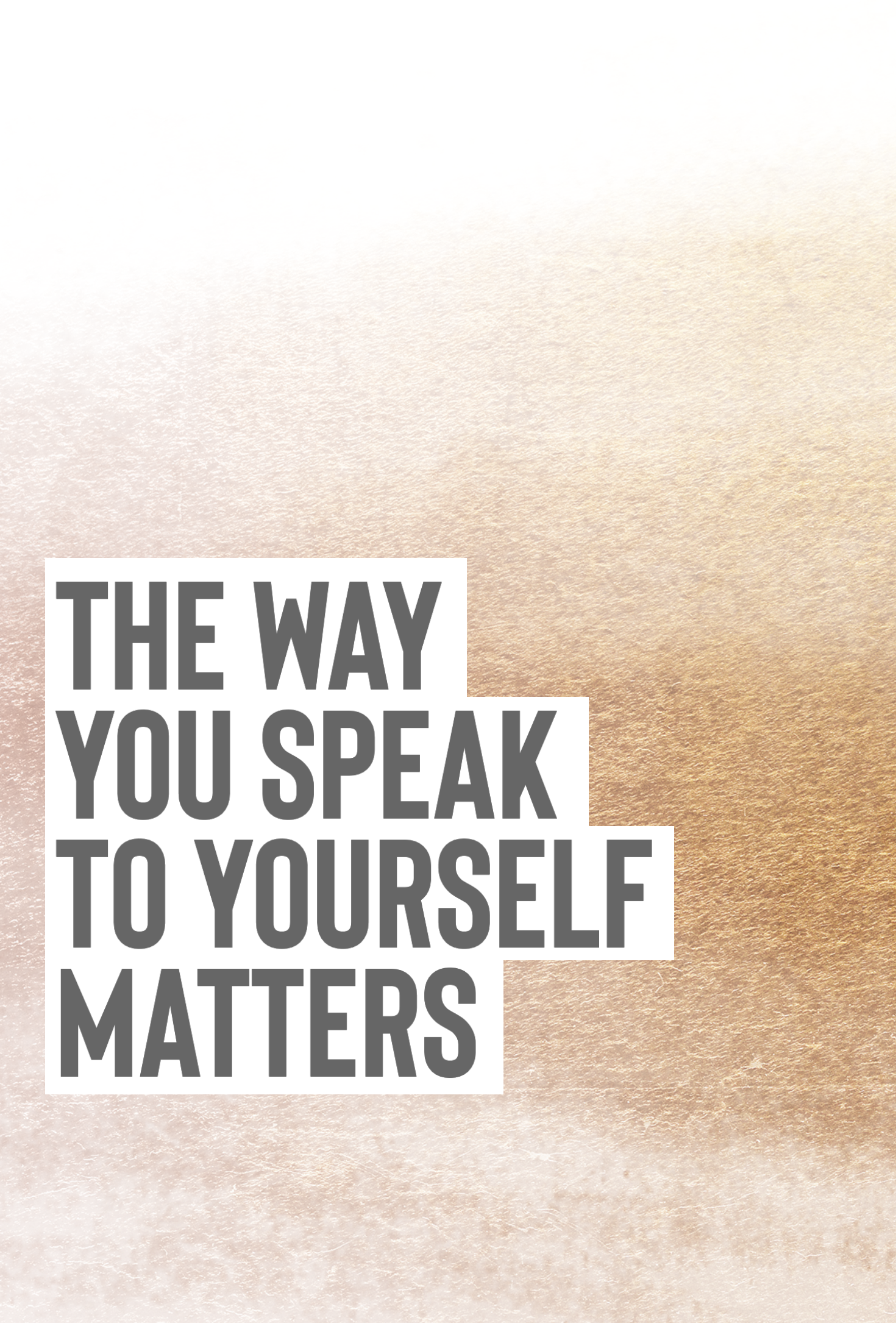
In our fast-paced world, it’s easy for our minds to feel cluttered. From endless to-do lists to the constant hum of notifications, our mental space can become overwhelmed with information, worries, and distractions. Just as a messy room can cause stress, a cluttered mind can leave you feeling anxious, unfocused, and drained.
Decluttering your mind isn’t just about relaxation—it’s about creating mental space to think clearly, make better decisions, and enjoy life more fully. In this post, we’ll explore the signs your mind needs decluttering, share tips for a mental reset, and uncover the long-term benefits of mental clarity.
Signs Your Mind Needs Decluttering
How can you tell when your mind is overwhelmed? Mental clutter often manifests in subtle ways, but recognizing the signs is the first step to addressing it.
1. Difficulty Focusing
One of the most common signs of mental clutter is trouble concentrating. If you find yourself easily distracted, unable to complete tasks, or jumping from one thought to another, your mind may be overloaded.
2. Constant Overthinking
Do you replay conversations, second-guess decisions, or worry about the future? Overthinking is a hallmark of a cluttered mind. It drains your energy and prevents you from being present in the moment.
3. Trouble Sleeping
Mental clutter often spills into the night, making it hard to fall or stay asleep. If your mind races with thoughts when you lay down, it’s a clear sign that your brain is struggling to process everything it’s holding onto.
4. Feeling Overwhelmed
A cluttered mind can make even simple tasks feel overwhelming. If your to-do list seems insurmountable or you’re constantly behind schedule, it may be time to clear your mental slate.
5. Emotional Exhaustion
Mental clutter doesn’t just affect your productivity—it also takes an emotional toll. You may feel irritable, anxious, or even detached from things that usually bring you joy.
Recognizing these signs is important because they signal the need for intentional action to reset your mind and regain control.
Tips for a Mental Reset
Clearing mental clutter doesn’t require a drastic overhaul. Small, consistent actions can help you create space in your mind and improve your overall well-being.
1. Practice Mindfulness
Mindfulness is the practice of being fully present in the moment. It helps you focus on what’s happening now instead of getting lost in past regrets or future worries.
Start with a simple mindfulness exercise:
- Sit comfortably, close your eyes, and take a deep breath.
- Focus on the sensation of your breath entering and leaving your body.
- If your mind wanders, gently bring it back to your breath.
Even five minutes of mindfulness each day can reduce stress and improve your mental clarity.
2. Write It Down
Journaling is a powerful way to clear mental clutter. When you write down your thoughts, worries, or to-do lists, you free up space in your mind.
Try a brain dump: Spend 10 minutes writing everything on your mind—no structure or judgment needed. Once it’s on paper, you’ll often find clarity and perspective.
3. Prioritize Your To-Do List
A long, unorganized to-do list can be a major source of mental clutter. Instead of trying to tackle everything at once, focus on the top three tasks that are most important.
Breaking your list into smaller, manageable steps makes it less overwhelming and helps you stay focused on what truly matters.
4. Limit Digital Distractions
Smartphones and constant notifications can contribute significantly to mental clutter. Set boundaries for your digital life by:
- Turning off non-essential notifications.
- Setting specific times to check email or social media.
- Keeping your phone out of reach during focus periods.
These small changes can create mental space and reduce feelings of overwhelm.
5. Declutter Your Physical Space
There’s a strong connection between your physical environment and your mental state. A cluttered space often mirrors a cluttered mind.
Spend 10–15 minutes each day tidying up a small area, such as your desk or bedroom. You’ll likely find that a cleaner space helps you think more clearly.
6. Practice Gratitude
Gratitude shifts your focus from what’s missing to what’s abundant in your life. Each morning or evening, take a moment to reflect on three things you’re grateful for.
This practice not only clears negative thoughts but also fosters a positive mindset that carries through your day.
7. Take Breaks
When your mind feels cluttered, pushing through may not be the answer. Taking short breaks to step away from work or tasks can help refresh your mental state.
Try the Pomodoro Technique: Work for 25 minutes, then take a 5-minute break. During your break, do something relaxing, like stretching, walking, or sipping tea.
8. Learn to Say No
Overcommitment is a common cause of mental clutter. If your schedule feels overwhelming, it’s okay to say no to new requests or delegate tasks.
Prioritizing your time and energy allows you to focus on what truly matters, reducing unnecessary stress.
Long-Term Benefits of a Clear Mind
Clearing your mind isn’t just about immediate relief—it offers long-term benefits that enhance your overall quality of life.
1. Improved Focus and Productivity
When your mind is free of distractions, you can concentrate better and accomplish more in less time. Mental clarity helps you prioritize effectively, leading to greater productivity and satisfaction.
2. Better Decision-Making
A cluttered mind often leads to impulsive or poorly thought-out decisions. With mental clarity, you’re able to evaluate options more calmly and choose paths aligned with your goals and values.
3. Reduced Stress and Anxiety
Mental clutter is a major contributor to stress. By decluttering your mind, you create space for calm and reduce the constant pressure of unfinished tasks or unresolved thoughts.
4. Enhanced Creativity
A clear mind fosters creativity by giving your brain the freedom to think outside the box. When you’re not weighed down by mental noise, you can tap into new ideas and solutions more easily.
5. Strengthened Relationships
When your mind is clutter-free, you’re more present in your interactions with others. This leads to deeper connections, better communication, and stronger relationships with family, friends, and colleagues.
6. Greater Emotional Resilience
Decluttering your mind helps you develop emotional resilience. With a clear mental space, you’re better equipped to handle challenges, setbacks, and changes with a positive mindset.
Mental clutter can feel overwhelming, but it’s not insurmountable. By recognizing the signs, taking steps to reset your mind, and cultivating habits that support mental clarity, you can create a life filled with focus, calm, and joy.
Start small—choose one or two tips from this post and try them this week. With consistent practice, you’ll not only clear your mind but also experience the profound benefits of mental clarity in every area of your life.
What’s your favorite way to declutter your mind? Share your thoughts in the comments—we’d love to hear from you!

Door to door: Bliss Delivered
How it Works
Free downloads

What's in the mail




From positive messages to tips & tricks to attack your daily life. It's all there and it is all absolutely free!
